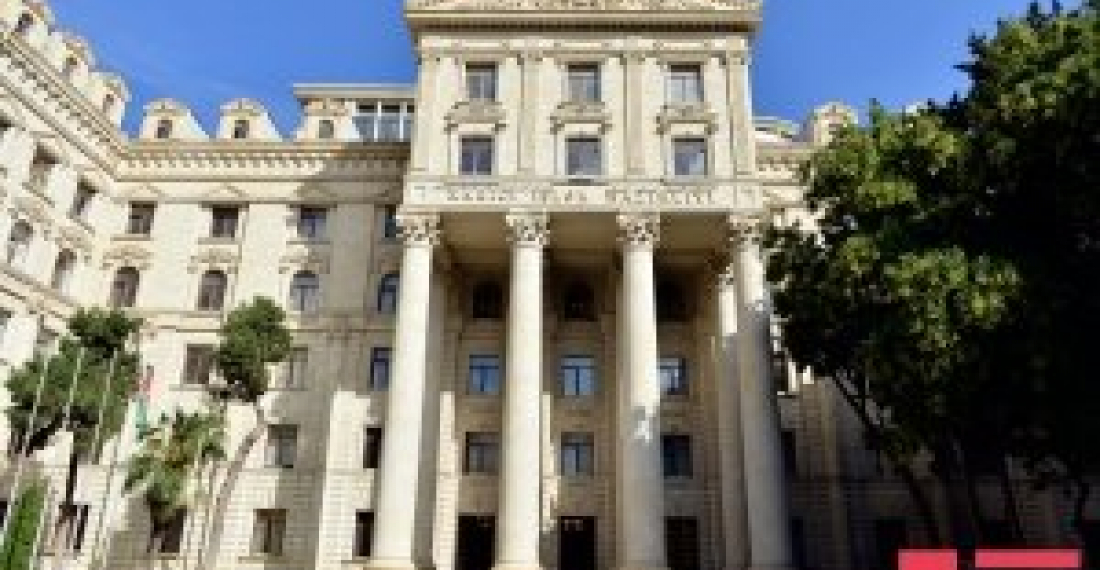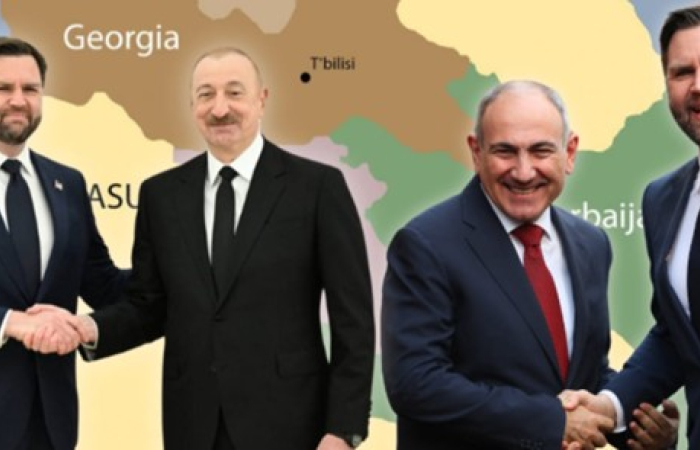Azerbaijan has condemned the visit of Armenian Foreign Minister Eduard Nalbandian to territories which it considers to be under Armenian occupation
Azerbaijani Foreign Ministry spokesperson Hikmet Hajiyev told the Azerbaijani news agency APA that Nalbandyan's visit to Kalbajar district and his participation in a religious ceremony there "is a telling example of Armenia's state-level politicisation of a historical and religious falsity, noting that the original name of this Alban church found in Kalbajar is not Gandzasar, but Ganjasar." According to Hajiyev, this particular church has nothing to do with the Armenian Gregorian Church, a claim that has been proven with substantial facts by foreign historians".
According to Hajiyev, the Armenianization of Islamic and Christian places of worship and other cultural monuments of the historical heritage of the people of Azerbaijan in the occupied territories and the changing of their architectural style and other features is a gross violation of international humanitarian law, especially the Geneva Convention.
"Armenia's Foreign Minister's participation in such an event shows that Armenia is not interested in the negotiated resolution of the conflict and aims to keep and strengthen the status quo and pursues the policy of annexing the occupied Nagorno-Karabakh region and other surrounding districts of Azerbaijan," Hajiyev emphasized.
See also Nalbandian discusses peace process with NKR leadership
source: commonspace.eu with APA
phot: Azerbaijani Foreign Ministry (archive picture)







